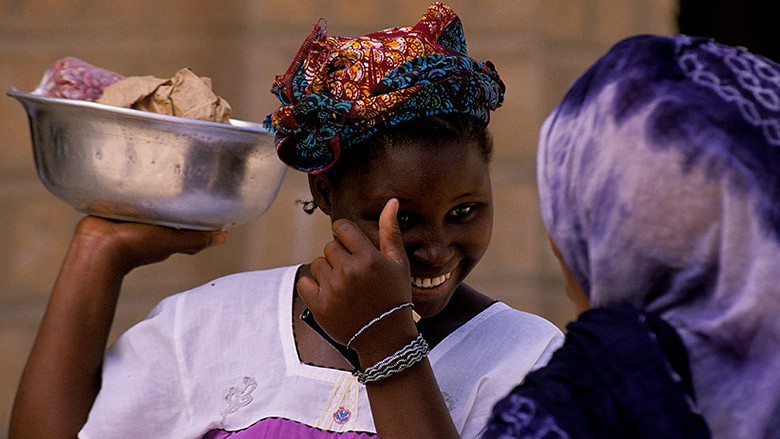The purpose of this theme was to generate new research designed to better understand the dynamic process of trade and globalization in developing countries, to learn what works and what doesn’t, and why, and to identify priorities for developing countries in the areas of trade policy and international cooperation.
Successful international integration, supported by sound national policy and effective international cooperation, has underpinned most experiences of rapid growth, shared prosperity and reduced poverty. Not all countries in these regions and not all provinces within these countries have shared the prosperity resulting from global integration. Harnessing the power of globalization to catalyze growth and reduce poverty requires an understanding of how trade policies affect development outcomes in a changing world.
Despite significant advances in country-level analysis of trade in final goods and conventional trade policies, we still do not fully understand key issues pertaining to:
- Microeconomic aspects of international integration, involving firms, workers and households, as well as the implications of global production fragmentation;
- New policy challenges, especially, the consequences of the growing use of non-tariff measures such as technical regulations in developing countries and their trade partners, and devising cost-effective strategies for trade facilitation and export promotion;
- International trade cooperation, in particular, the impediments to regional integration among developing countries and the consequences of their exclusion from new mega-regional agreements.
Addressing these gaps in our knowledge was the main goal of this grant.
DOWNLOAD:
 |
 |
 Trade Cooperation and Development
|


